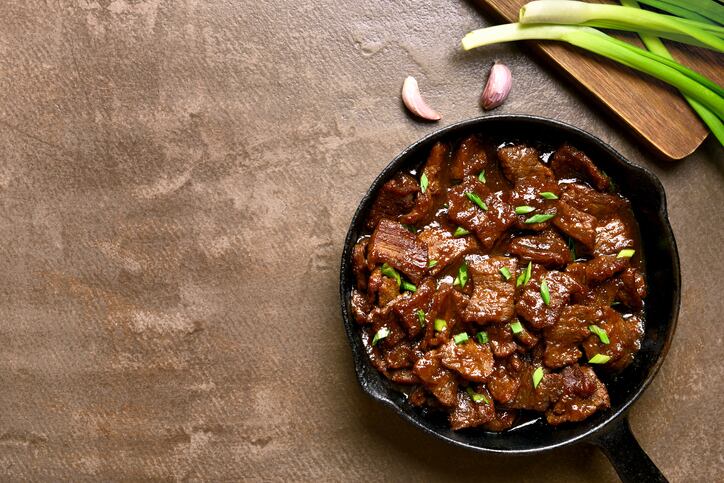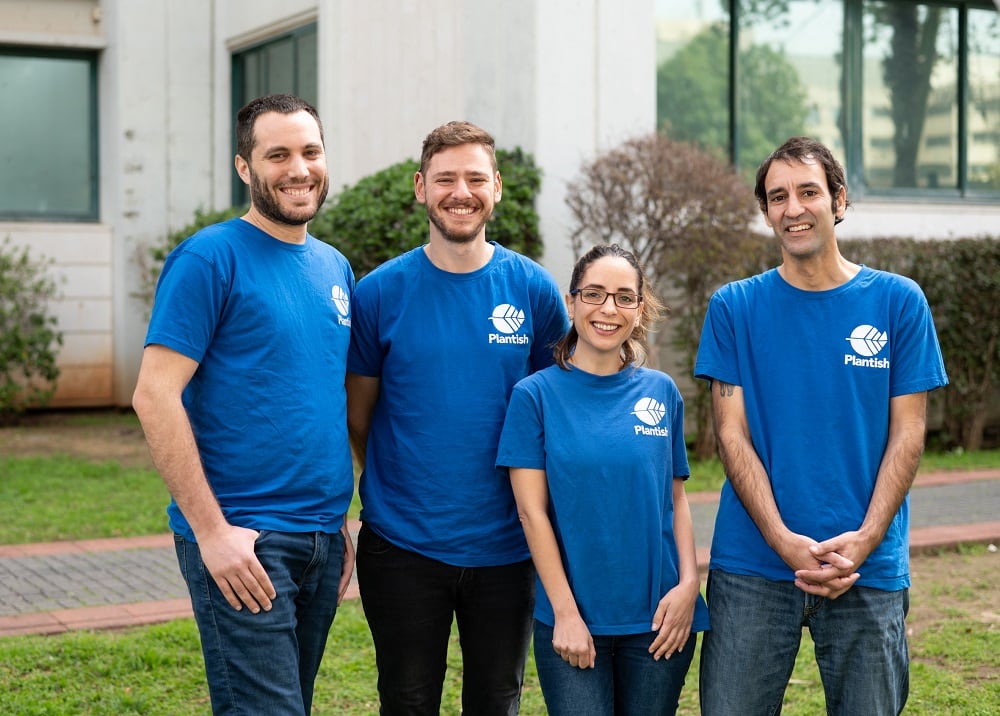“Unlike many of the meat alternatives on the market, such as from Beyond and Impossible Foods, which focus on ground meat or patties, we wanted to create a new standard for plant-base meat by recreating the real texture of meat – allowing you to taste the muscles and protein fibers, the chewiness and firmness of meat, not just the mushy texture of patties,” Xia told FoodNavigator-USA at the Summer Fancy Food Show in New York City earlier this month.
The market potential for whole cut plant-based meat is also significantly larger than that of ground beef based on consumption trends in the animal protein space, Xia added. She explained in the animal meat industry, 60% of consumption is of whole cut products.
To tap into this market and create a whole cut option, Xia said, Lus Oasis has taken an “integrated approach to processing, flavoring and even packaging,” that begins with a specialized extrusion process that is high moisture to both preserve the nutrients and create a stratified more meat-like texture.
“We also combine with many post-processing [applications] to make the protein fibers unique,” and keep the product from becoming “dry and dreary,” she added.
This high-moisture process also helps preserve nutrition, which Xia says consumers increasing look for – but can’t find – in the plant-based meat space. Indeed, brands like Impossible and Beyond have come under fire for having more saturated fat than their animal counterparts while simultaneously leveraging the health halo of a vegetarian, vegan and flexitarian diet.
She explains that her product is cholesterol- and fat-free and can have up to 45% protein. It also is non-GMO, which sets it part from Impossible, which uses a genetically engineered ‘heme’ from soy leghemoglobin that has GRAS status in the US.
The base of Alchemeat comes from soy and wheat protein, which Xia says she chose for texture, taste and economic reasons.
“People use a lot of pea proteins in the plant-based space, but they are roughly ten times more expensive [than the soy and wheat Xia sources] and have an off beany taste that can turn consumers off. We want to introduce a clean flavor or foundation” for plant-based meats, Xia said.
A versatile base first targeting ‘fan-favorite’ beef dishes
The combination of proteins and manufacturing process also make the product versatile as a stand in for beef, chicken or other meats, but Xia says she is starting with beef products as this has the most market potential and can drive the largest environmental impact as beef’s emissions, water and energy use are much higher than pork or chicken.
Plus, she added, beef is a more premium product and she believes there is a higher demand for it and that it offers higher margin potential.
Within the beef category, Xia is focusing on “fan-favorite dishes from around the world,” including Mongolian beef, brisket sliders, Philly cheesestake and fajitas.
First stop: Foodservice
While Alchemeat offers a different value proposition from Beyond, Xia wants to copy its go-to-market strategy by focusing first on foodservice and working closely with chefs as well as quick service restaurants to introduce consumers to the product.
The product is currently is piloting in a few Chicago restaurants, but Xia is eager to work with fast-casual restaurants to drive volume and impact. She added she is open to co-branding and private label production.
Once consumers recognize the product and the company has scaled for volume, ideally in about two years, Xia hopes to move into retail.
To boost scale quickly, Xia said she is interested in working with large companies that already have access to key equipment and production, but she also already has several confidential corporate partners, including one in the animal protein space, that can help build production, distribution and awareness.
She also plans to raise about $5m in the next three to six months to fund production, expand her team and market the product.
For those interested in learning more and attending IFT in Chicago next month, Lus Oasis will showcase its products in the startup pavilion.




